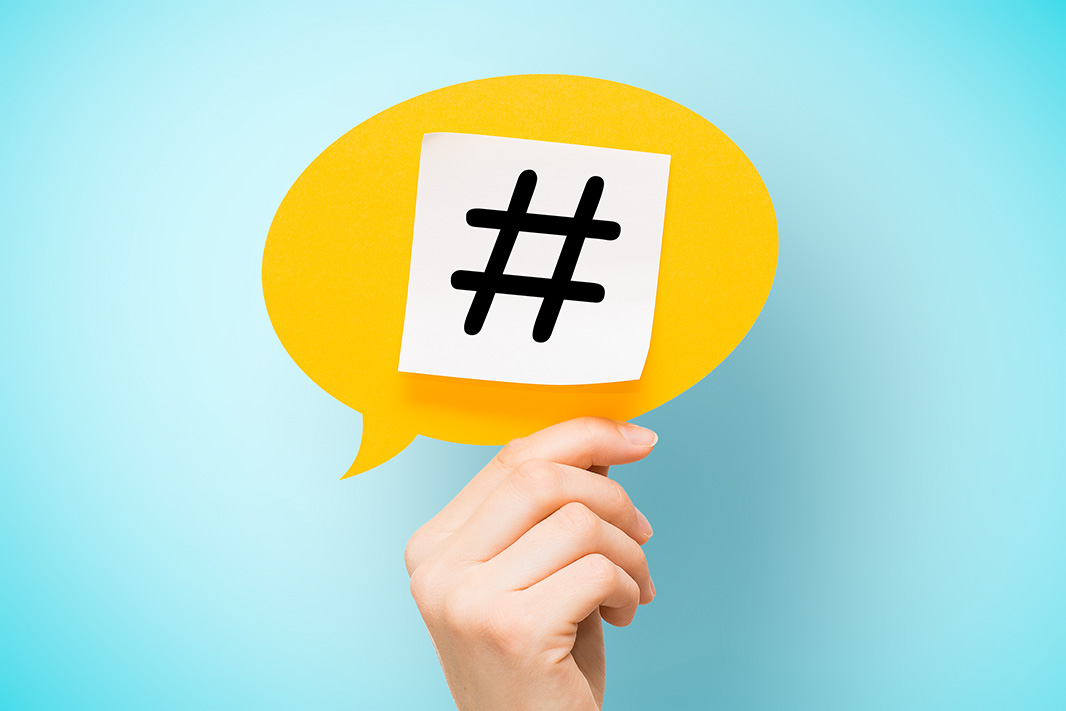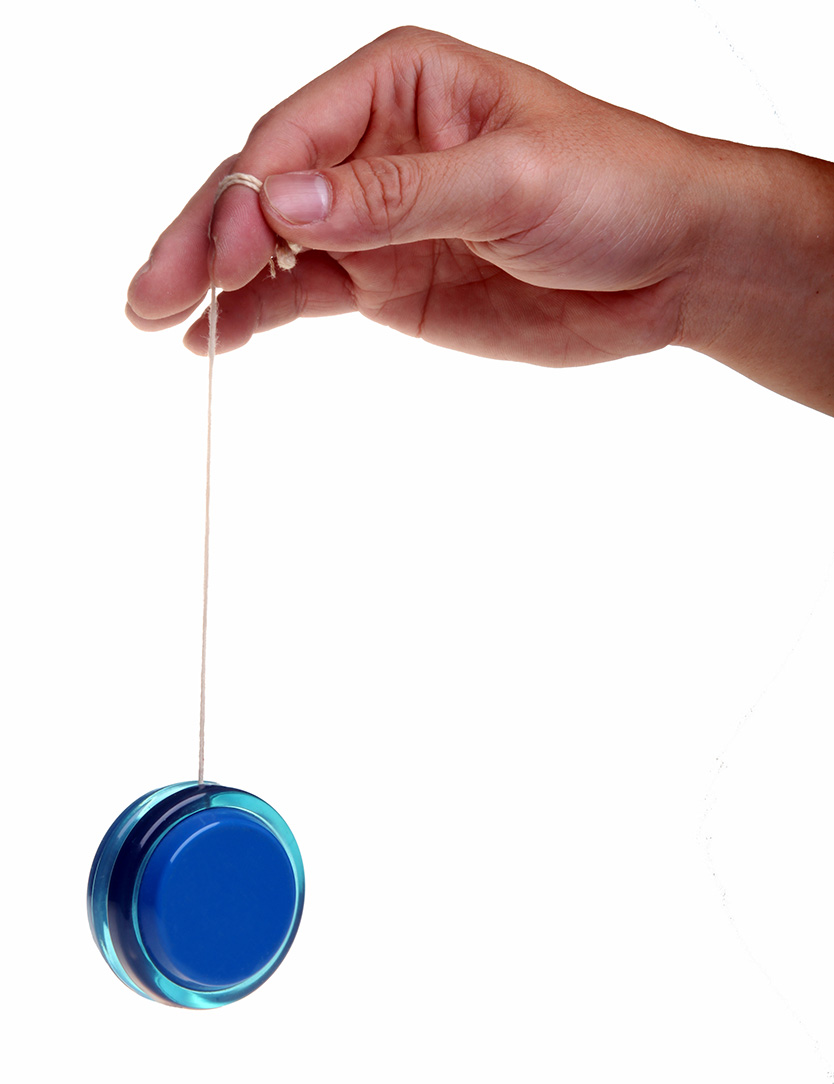Hashtag or Pound? One Law Firm’s Quest to Trademark #law
How would you pronounce #law? Is it “hashtag law,” as the PTO examiner suggested would be the most common understanding, or “pound law,” as alleged by the unsuccessful registrant of #law as a service mark. And to what does it refer: a hashtag for a social media topic, or a number that can be dialed from a mobile phone to reach an attorney referral service?
 Law firm Pound Law, LLC filed a lawsuit against the PTO and its director, arguing that its application for #law was improperly denied. According to Plaintiff, “the #LAW mark has become widely recognized by the relevant public as a distinctive brand and as a mnemonic/vanity telephone number mark uniquely associated with the services of Morgan & Morgan,” because Plaintiff spent “hundreds of millions” of dollars advertising it since 2006. Notably, this #law apparently only applies to telephone calls made on a mobile phone; it does not work on landlines, and the firm uses the website “www.forthepeople.com” and not either Pound Law or Morgan & Morgan. The examiner, and TTAB, decided that “consumers would not perceive [Plaintiff’s] use of #LAW as a source indicator but rather only as a means to contact [Plaintiff], based on the manner of use.”
Law firm Pound Law, LLC filed a lawsuit against the PTO and its director, arguing that its application for #law was improperly denied. According to Plaintiff, “the #LAW mark has become widely recognized by the relevant public as a distinctive brand and as a mnemonic/vanity telephone number mark uniquely associated with the services of Morgan & Morgan,” because Plaintiff spent “hundreds of millions” of dollars advertising it since 2006. Notably, this #law apparently only applies to telephone calls made on a mobile phone; it does not work on landlines, and the firm uses the website “www.forthepeople.com” and not either Pound Law or Morgan & Morgan. The examiner, and TTAB, decided that “consumers would not perceive [Plaintiff’s] use of #LAW as a source indicator but rather only as a means to contact [Plaintiff], based on the manner of use.”
The history of this mark illustrates how quickly technology has unfolded over the past 15 years. Morgan & Morgan allegedly began using #law as a mnemonic and vanity phone number in 2006—the same year Twitter was founded. A few years later, Twitter took off: it had 300,000 tweets per day by the end of 2008, which ballooned to over 50 million tweets per day by early 2010. In 2022, there were over 500 million tweets per day, a non-negligible number of them using #law to identify the subject. A Twitter search renders countless tweets from law firms to law schools, legal consultants, protestors, and coaches using #law. Is Morgan & Morgan’s use really as “unique” and “distinctive” in 2023 as it may have been in 2007?
 The treatment of this mark calls to mind the Booking.com saga, covered extensively in this blog. The TTAB determined that the mark “Booking.com” was not registrable on the basis that it was generic, described here. The TTAB decision was overturned by Judge Brinkema in the Eastern District of Virginia, which held that Booking.com had acquired distinctiveness, described here, but awarded fees to the PTO because the case had been brought in district court instead of appealed directly to the Federal Circuit, as described here. The Fourth Circuit affirmed the District Court’s decision that the mark is registrable, but ordered the plaintiff to pay the PTO’s fees on appeal, described here. The PTO petitioned for certiorari to the U.S. Supreme Court, which was granted as described here, and the Supreme Court ultimately ruled that Booking.com is registrable, rejecting the premise that a generic.com term is ineligible for trademark protection, described here.
The treatment of this mark calls to mind the Booking.com saga, covered extensively in this blog. The TTAB determined that the mark “Booking.com” was not registrable on the basis that it was generic, described here. The TTAB decision was overturned by Judge Brinkema in the Eastern District of Virginia, which held that Booking.com had acquired distinctiveness, described here, but awarded fees to the PTO because the case had been brought in district court instead of appealed directly to the Federal Circuit, as described here. The Fourth Circuit affirmed the District Court’s decision that the mark is registrable, but ordered the plaintiff to pay the PTO’s fees on appeal, described here. The PTO petitioned for certiorari to the U.S. Supreme Court, which was granted as described here, and the Supreme Court ultimately ruled that Booking.com is registrable, rejecting the premise that a generic.com term is ineligible for trademark protection, described here.
This also calls to mind a different source of trademark obsolescence: trademarks that have been lost due to genericide. Among these are the yoyo, the flip phone and the escalator – all of which were marks associated with one brand until they became so widely used that they no longer identify a specific brand. Will #law go the way of the yoyo, or will it follow the winding path of the Booking.com decisions? Only time will tell.







